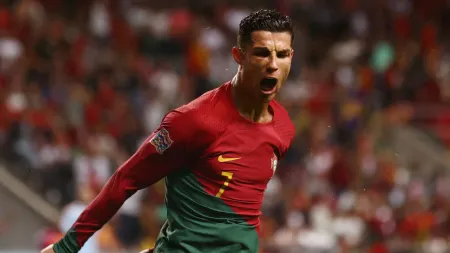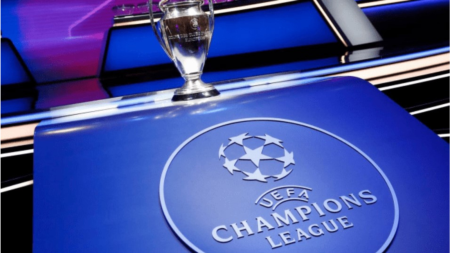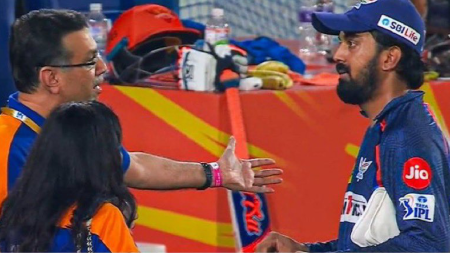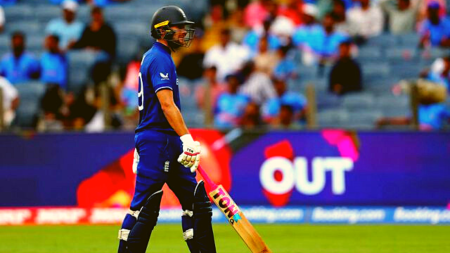Explained: What happens to sporting, other equipment after Paris 2024 Olympics and Paralympics are over
After every Olympics and Paralympics, there is plenty of speculation about what will happen to the venues that are built at extraordinary costs to the public exchequer. But organising an Olympics and a Paralympics also requires large-scale sporting and other logistical equipment that the organising committee of the Games has no use for after the marquee event ends. So what happens to the equipment?
As the organisers of Paris 2024 have revealed, 75 percent of the 1.2 million items of sports equipment used for the Paris Games was leased to begin with and will head back to the original owners such as sporting federations. The rest of the one-fourth of the sporting paraphernalia that was purchased will be donated to the French sports movement. For this, Paris 2024 had an internal Second Life Commission in the organising committee.

“This re-use programme reflects Paris 2024’s desire to develop access to physical activity and sport for as many people as possible, particularly those who are from areas lacking in sports facilities, such as Seine-Saint-Denis, which ranks 103rd out of France’s 105 departments with regards to access to sports infrastructure,” the organisers said ahead of the start of the Paralympics on Wednesday.
The organisers provided some examples of how the equipment will be repurposed. The French Volleyball Federation (FFVB) will inherit equipment like balls, nets, posts and sports floors which it will make available to its sports centres across France. The French Badminton Federation (FFBaD) will receive equipment for both its Olympic and Paralympic disciplines which will head to venues like the one at Pays de la Loire. The French Taekwondo Federation (FFTDA) will redistribute sports equipment used during the Olympic and Paralympic Games to a number of clubs in the Paris region, including Dugny.
Some of the facilities that were temporarily set up for Paris 2024, will also be shifted in some form to different venues. The sand from the temporary Eiffel Tower stadium that hosted the beach volleyball event will be reused to create the equivalent of three pitches in the departmental park at Marville and one at Taverny in the Val d’Oise. The Skateboard Street competition area at Parc Urbain La Concorde and the warm-up area will be relocated to Seine-Saint-Denis. The temporary swimming pools installed at the Paris La Défense Arena in Nanterre will be re-used in Seine-Saint-Denis, Sevran (Paris Terres d’Envol) and Bagnolet (Est-Ensemble), as part of a legacy initiative.
Gerflor, which supplied 33,000m² of sports flooring for the Paris 2024 Olympic and Paralympic Games, will be reinstalling almost forty pitches in municipalities and clubs in the Paris region and throughout France.
There will be at least 12 different second-hand fairs that will be hosted by Paris 2024 organisers around France — for the first time in the history of the Games — to give a second life to thousands of souvenirs like uniforms, cups, flags, towels used by the athletes, elements for decorating the venues and even products from the ceremonies.
The Paris 2024 organisers also said that 90 percent of the six million assets which were deployed during the Games will be taken back by service providers and partners. For example, Lyreco, supplier of over 60,000 items of furniture for the Games, will use the furniture it leased for Paris 2024 to launch a new range of second-hand furniture in France.
The Paris 2024 organisers said that one of their partner organisation RGS will donate over 50,000 pieces of furniture to the Emmaus Movement, which provides furniture for people in challenging situations who are accessing their first permanent home.
Meanwhile, thousands of other items (ranging from accessibility equipment, to trolleys, hand trucks, fans and vacuum cleaners) used for the Games will be sold via an online platform which is open to communities, businesses, sports federations or associations where they can bid on mobility equipment (such as bicycle helmets or locks); digital equipment; handling equipment (trolleys, hand trucks); furniture and household appliances (umbrellas, vacuum cleaners, fans); signage; accessibility equipment etc.
Disclaimer: The copyright of this article belongs to the original author. Reposting this article is solely for the purpose of information dissemination and does not constitute any investment advice. If there is any infringement, please contact us immediately. We will make corrections or deletions as necessary. Thank you.





